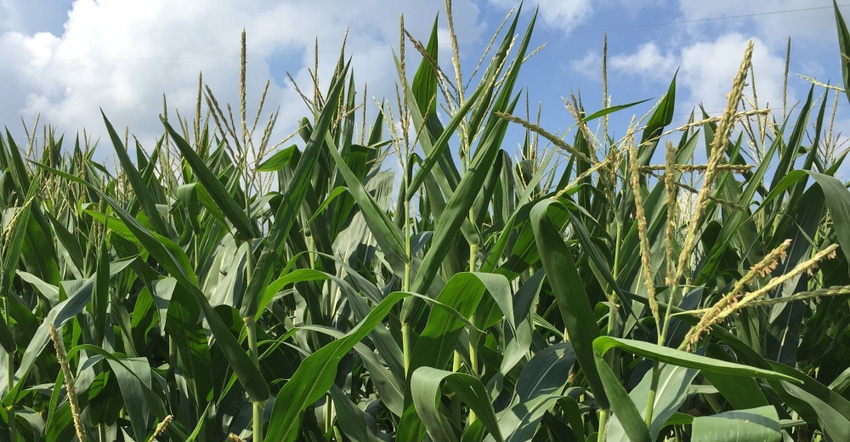January 23, 2017

There's some consternation in the crop protection industry. The U.S. Environmental Protection Agency has released some early draft assessments as part of the required registration review process and those preliminary assessments are problematic. First it was atrazine, which carried some concerns because a range of research on ecological impact – well constructed research – was left out of the assessment.
Now it's pyrethroids – an insecticide class that many farmers have come to rely on, with products like bifenthrin. Farm Industry News talked with John Cummings, FMC North America registration and regulatory affairs manager, about the issue to get his perspective. The company produces bifenthrin and is also an active member of the Pyrethroid Working Group, which includes all companies that make this class of active ingredient.
"What's unique this time is that EPA has released a preliminary assessment of synthetic pyrethroids as a class of insecticide, rather than the individual active ingredients," Cummings said. "This is different than if you just looked at a single active ingredient. There are nine active ingredients in this class."
The draft assessment of those nine ingredients, however, does not include some current label restrictions or other research and practice information that FMC and other companies provided to EPA ahead of the assessment's release. "I think what this boils down to is that they went too simplistically here," Cummings said. "What they've done is to try to conserve resources."
There are several areas of concern, however, that Cummings says need to be worked out. The assessment has identified a "significant risk" to aquatic life – not fish but the water fleas and other fauna in fresh water areas. "The initial assessment is flawed and the members of the Pyrethroid Working Group are not happy," he said. "There is significantly complex, higher-tier data that should be available at this stage of the process and it was essentially ignored in the preliminary assessment."
Cummings was clear that the working group and FMC are not pleased about the state EPA has reached with this reassessment and there is concern about getting it right before the registration review is complete. "We're hoping that this is truly a preliminary risk assessment. EPA needs to fully consider the information submitted before and during the comment period and needs to conduct a more sophisticated scientific assessment," he said. "The agency has not done their due diligence and we need to get the voice of the people who use these products, that adhere to the label, to weigh in."
Cummings pointed out that key label information about proper use – long on the label for most pyrethroids – was not acknowledged in the assessment. In addition Cummings said, "The Pyrethroid Working Group has provided information to EPA that was not incorporated."
Cummings explained that FMC, and other members of the working group, will be providing detailed technical comments in their response to the assessment, as part of the public comment period. "We've had various aspects of that information in EPA's hands for 6 months and for as much as a few years and they did not incorporate the data in this assessment," he said.
There's concern that new restrictions could be applied in the registration review but those wouldn't be based on all the information and science about the products. And then there's the review by the casual person, or consumer, that sees that EPA has raised a concern about aquatic life in this assessment. "It's causing undue concern," Cummings said.
Farmers can weigh in on this preliminary assessment and discuss how these products are used on the farm. The comment period runs through March 31 and you can visit the EPA site where comments can be made at regulations.gov/document?D=EPA-HQ-OPP-2010-0384-0044
FMC has also set up an information site, and a way to provide comments as well. For farmers that count on synthetic pyrethroids for farm use, now would be a good time to chime in. Learn more at defendbifenthrin.com
About the Author(s)
You May Also Like






